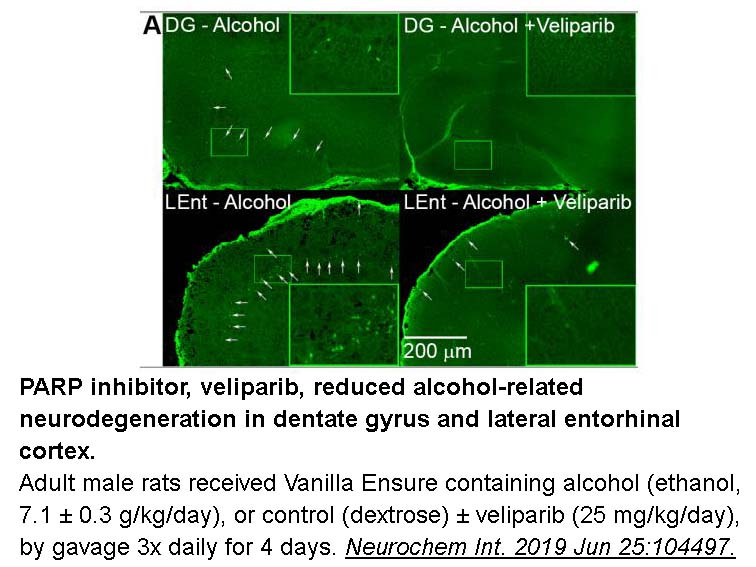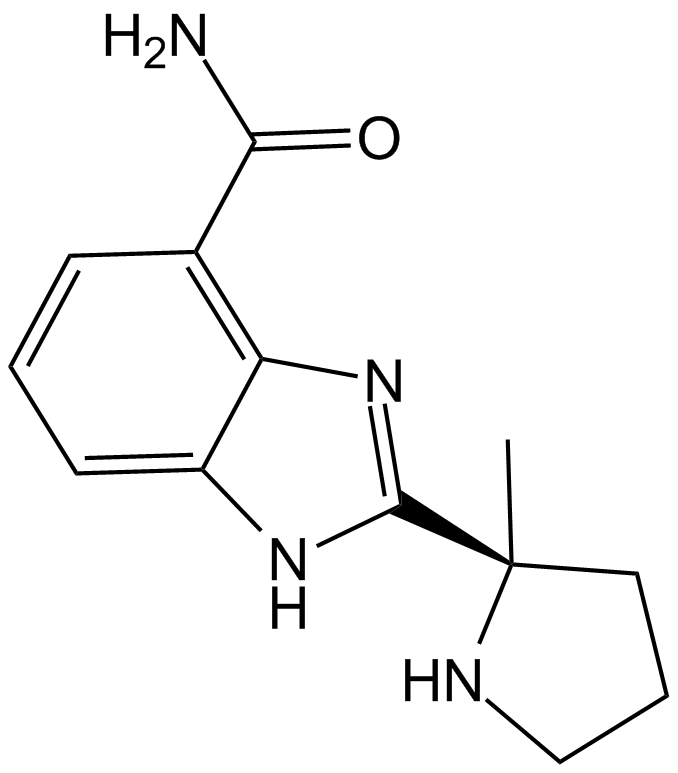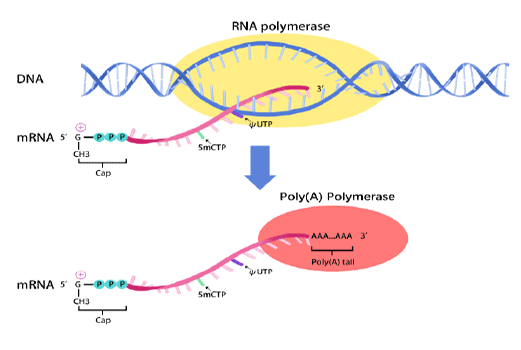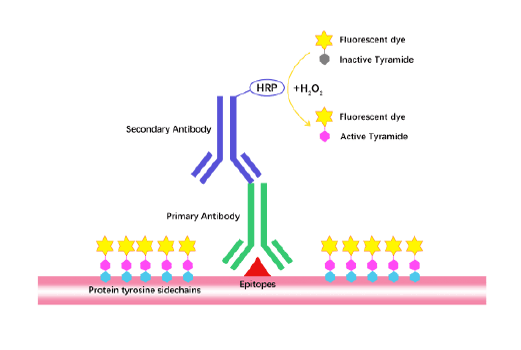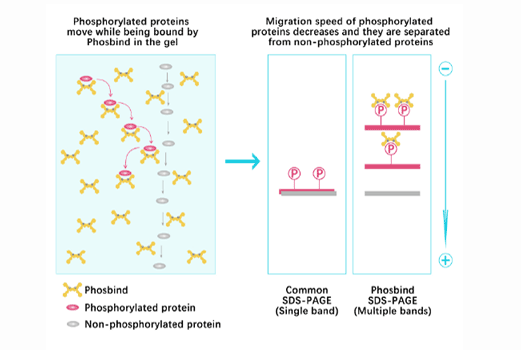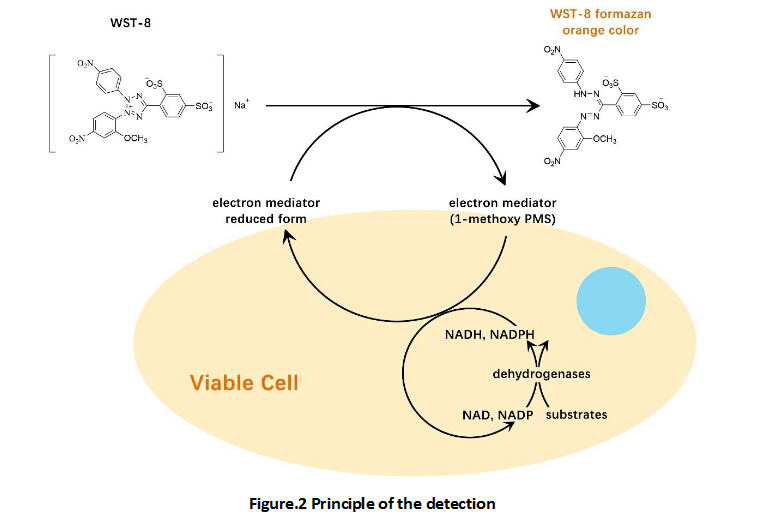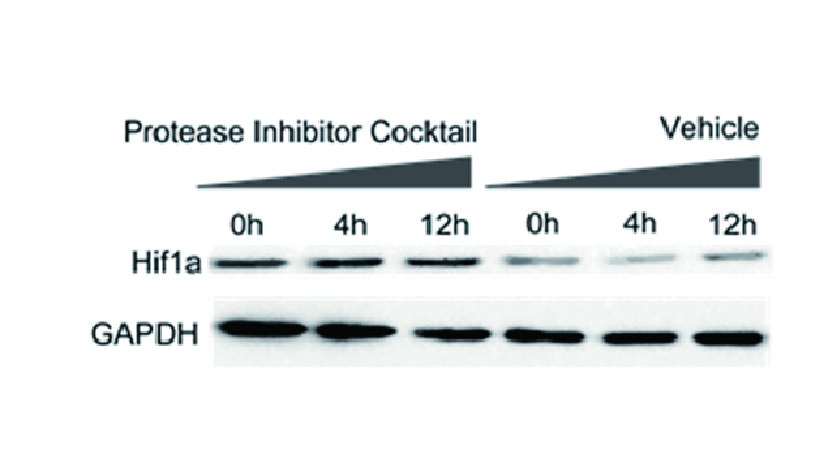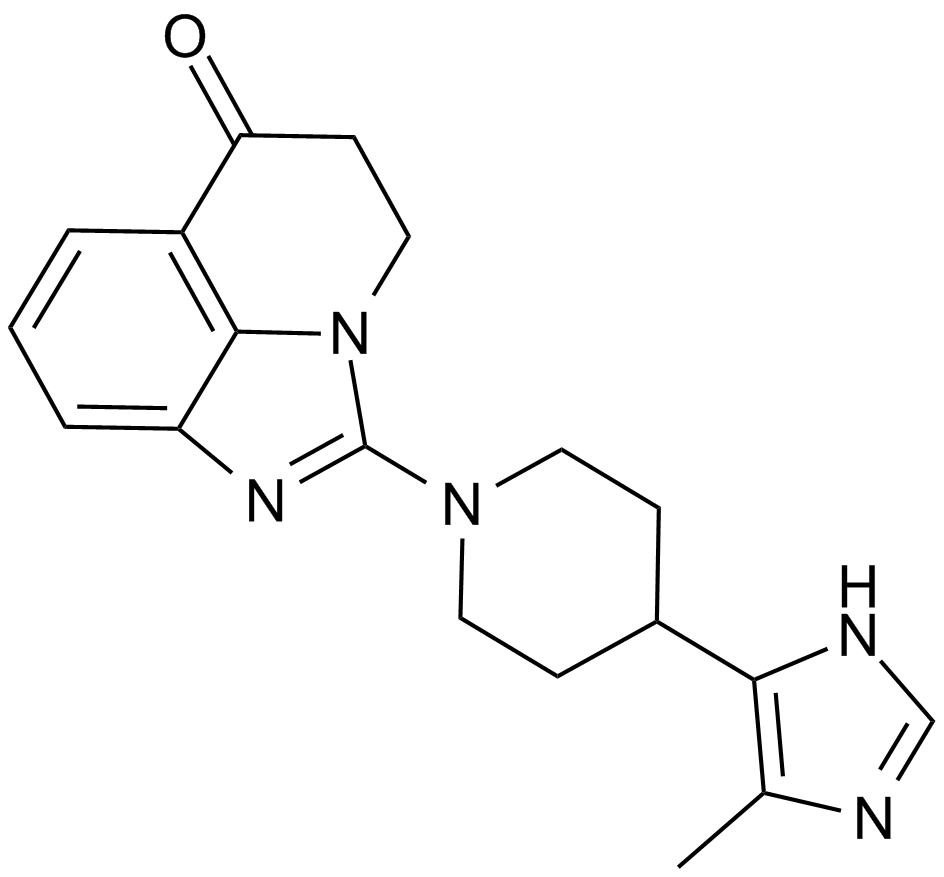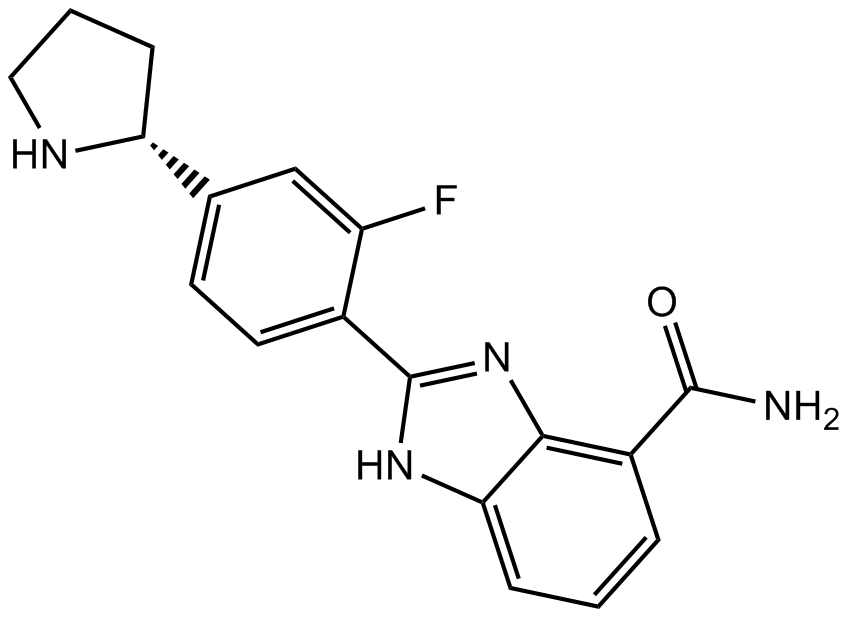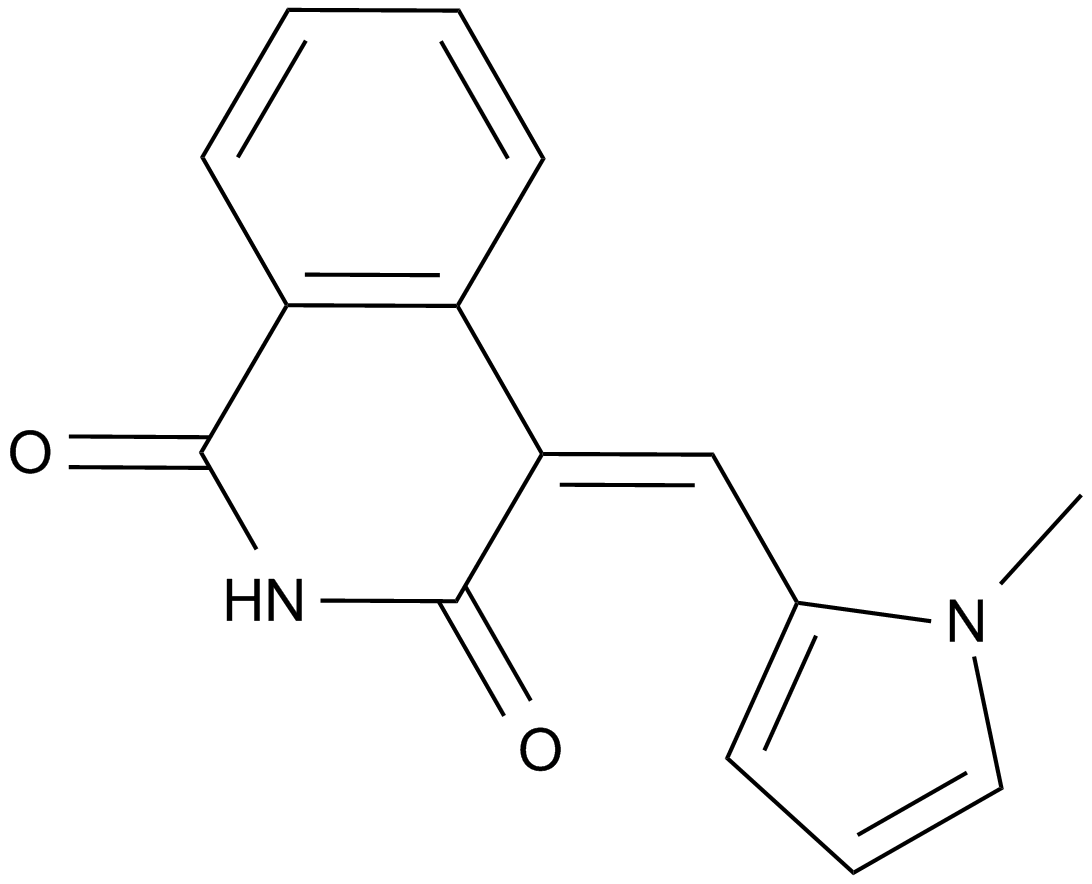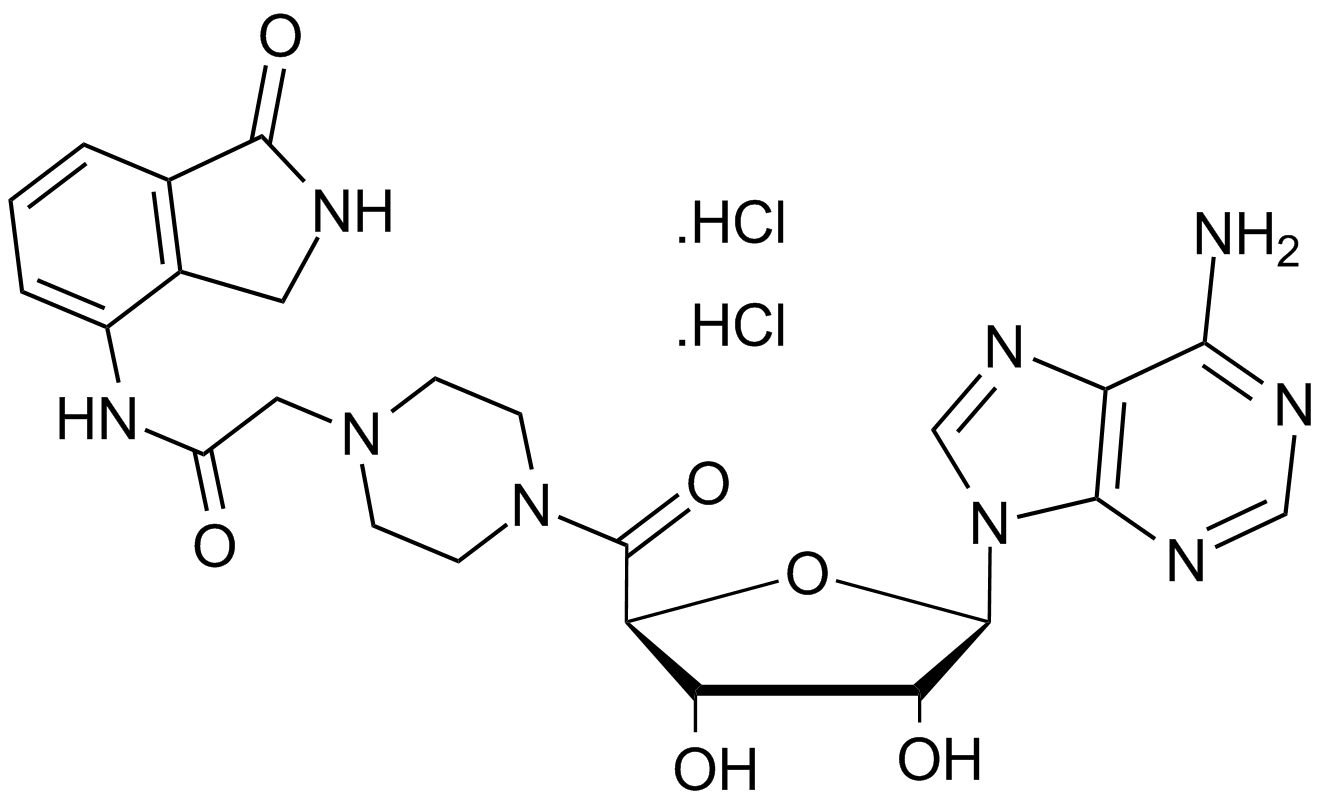ABT-888 (Veliparib)
ABT-888, also named as Veliparib, is poly (ADP-ribose) polymerase (PARP) inhibitor and has demonstrated excellent in vivo efficacy in a broad spectrum of preclinical tumor models in combination with a variety of cytotoxic agents. PARP is involved in DNA repair and elevated PARP levels can result in resistance to cytotoxic chemotherapy and radiation. So, PARP inhibitors hold promise as chemotherapy and radiation sensitizers. ABT-888 is also active on microsatellite instability (MSI) cell lines harboring mutations in both MRE11 and RAD50 genes compared to microsatellite stable (MSS) cell lines (wild-type for both genes).
Reference
Shivaani Kummar, Robert Kinders, Martin E. Gutierrez, Larry Rubinstein, Ralph E. Parchment, Lawrence R. Phillips, Jiuping Ji, Anne Monks, Jennifer A. Low, Alice Chen, Anthony J. Murgo, Jerry Collins, Seth M. Steinberg, Helen Eliopoulos, Vincent L. Giranda, Gary Gordon, Lee Helman, Robert Wiltrout, Joseph E. Tomaszewski and James H. Doroshow. Phase 0 Clinical Trial of the Poly (ADP-Ribose) Polymerase Inhibitor ABT-888 in Patients With Advanced Malignancies. Journal of Clinical Oncology. 2009; 27(16): 2705 – 11.
Xiaofeng Li, Juergen Delzer, Richard Voorman, Sonia M. de Morais and Yanbin Lao. Disposition and Drug-Drug Interaction Potential of Veliparib (ABT-888), a Novel and Potent Inhibitor of Poly (ADP-ribose) Polymerase. DRUG METABOLISM AND DISPOSITION. 2011; 39(7): 1161 – 69.
E. Vilar Sanchez, A. Chow, L. Raskin, M. D. Iniesta, B. Mukherjee and S. B. Gruber. Preclinical testing of the PARP inhibitor ABT-888 in microsatellite instable colorectal cancer. Journal of Clinical Oncology. 2009; 27(15S): 11028A.
- 1. Masato Mashimo, Momoko Kita, et al. "Tankyrase Regulates Neurite Outgrowth through Poly (ADP-ribosyl) ation-Dependent Activation of β-Catenin Signaling." Int J Mol Sci. 2022 Mar 4;23(5):2834. PMID: 35269974
- 2. Kouzoukas DE, Schreiber JA, et al. "PARP inhibition blocks alcohol-induced neurodegeneration and neuroinflammatory cytosolic phospholipase A2 elevations." Neurochem Int. 2019 Jun 25:104497. PMID: 31251945
- 3. Poh W, Dilley RL, et al. "BRCA1 Promoter Methylation Is Linked to Defective Homologous Recombination Repair and Elevated miR-155 to Disrupt Myeloid Differentiation in Myeloidb Malignancies." Clin Cancer Res. 2019 Jan 28. PMID: 30692098
- 4. Versano Z, Shany E, et al. "MutT homolog 1 counteracts the effect of anti-neoplastic treatments in adult and pediatric glioblastoma cells." Oncotarget. 2018 Jun 8;9(44):27547-27563. PMID: 29938005
- 5. Gao Y, Li C, et al. "SSRP1 Cooperates with PARP and XRCC1 to Facilitate Single-Strand DNA Break Repair by Chromatin Priming." Cancer Res. 2017 May 15;77(10):2674-2685. PMID: 28416484
- 6. Wang X, Sekine Y, et al."Inhibition of Poly-ADP-Ribosylation Fails to Increase Axonal Regeneration or Improve Functional Recovery after Adult Mammalian CNS Injury." eNeuro. 2016 Dec 26;3(6). PMID: 28032120
- 7. Yalon M, Tuval-Kochen L, et al. "Overcoming Resistance of Cancer Cells to PARP-1 Inhibitors with Three Different Drug Combinations." PLoS One. 2016 May 19;11(5):e0155711. PMID: 27196668
- 8. Nassour J, Martien S, et al."Defective DNA single-strand break repair is responsible for senescence and neoplastic escape of epithelial cells." Nat Commun. 2016 Jan 29;7:10399. PMID: 26822533
| Physical Appearance | A solid |
| Storage | Store at -20°C |
| M.Wt | 244.3 |
| Cas No. | 912444-00-9 |
| Formula | C13H16N4O |
| Synonyms | ABT-888,ABT 888,ABT888,Veliparib |
| Solubility | insoluble in H2O; ≥10.6 mg/mL in EtOH with ultrasonic; ≥6.11 mg/mL in DMSO |
| Chemical Name | 1-[3-[4-amino-3-(4-phenoxyphenyl)pyrazolo[3,4-d]pyrimidin-1-yl]piperidin-1-yl]prop-2-en-1-one |
| SDF | Download SDF |
| Canonical SMILES | CC1(c([nH]c2ccc3)nc2c3C(N)=O)NCCC1 |
| Shipping Condition | Small Molecules with Blue Ice, Modified Nucleotides with Dry Ice. |
| General tips | We do not recommend long-term storage for the solution, please use it up soon. |
| Cell experiment: | |
|
Cell lines |
HCT-116 and HT-29 cell lines |
|
Preparation method |
The solubility of this compound in DMSO is >10 mM. General tips for obtaining a higher concentration: Please warm the tube at 37 °C for 10 minutes and/or shake it in the ultrasonic bath for a while.Stock solution can be stored below -20°C for several months. |
|
Reaction Conditions |
4 μM; 24 h |
|
Applications |
In HCT-116 and HT-29 cell lines, the ability of ABT-888 to synergize the effect of the anti-cancer agents, SN38 or oxaliplatin, was determined using the SRB assay. PARP activity was significantly reduced in samples treated with SN38 in combination with ABT-888 (>4 fold at 24 h). |
| Animal experiment: | |
|
Animal models |
Female nude athymic mice |
|
Dosage form |
12.5 mg/kg; oral gavage twice daily in 6-hour intervals. |
|
Applications |
HCT116 xenografts were established in 5- to 6-week-old female nude athymic mice by subcutaneous flank injections of 200 mL cell suspension (5*106cells) per flank. This triple-therapy group (RT, CPT-11, and ABT) showed a significantly longer tumor growth delay (TGD) when compared with the tumors treated with RT and CPT-11 but no ABT-888, which had a mean TGD of 14.21 days. |
|
Other notes |
Please test the solubility of all compounds indoor, and the actual solubility may slightly differ with the theoretical value. This is caused by an experimental system error and it is normal. |
|
References: [1] Davidson D, Wang Y, Aloyz R, et al. The PARP inhibitor ABT-888 synergizes irinotecan treatment of colon cancer cell lines[J]. Investigational new drugs, 2013, 31(2): 461-468. [2] Shelton J W, Waxweiler T V, Landry J, et al. In vitro and in vivo enhancement of chemoradiation using the oral parp inhibitor ABT-888 in colorectal cancer cells[J]. International Journal of Radiation Oncology* Biology* Physics, 2013, 86(3): 469-476. |
|
| Veliparib (ABT-888) is a potent inhibitor of PARP1 and PARP2 with Ki of 5.2 nM and 2.9 nM, respectively. | ||||||
| Targets | PARP1 | PARP2 | ||||
| IC50 | 5.2 nM (Ki) | 2.9 nM (Ki) | ||||
Quality Control & MSDS
- View current batch:
Chemical structure
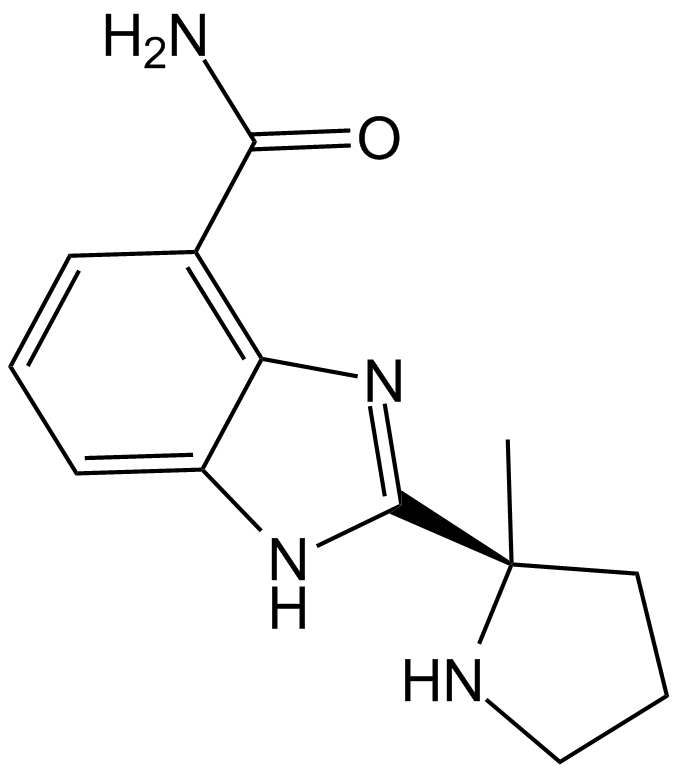
Related Biological Data
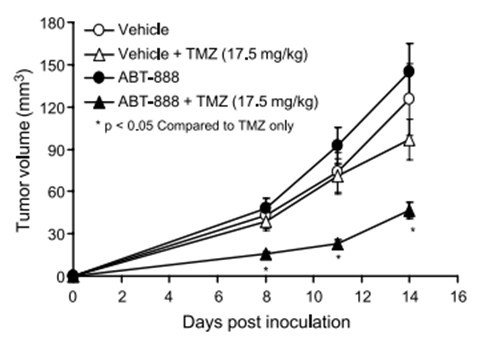
Related Biological Data
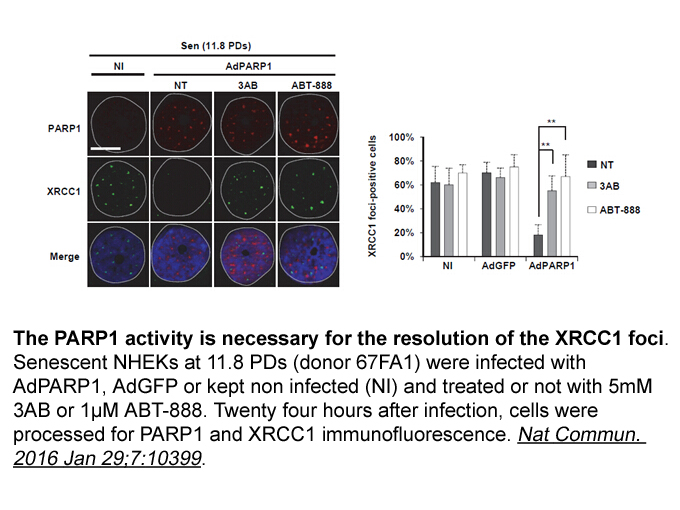
Related Biological Data
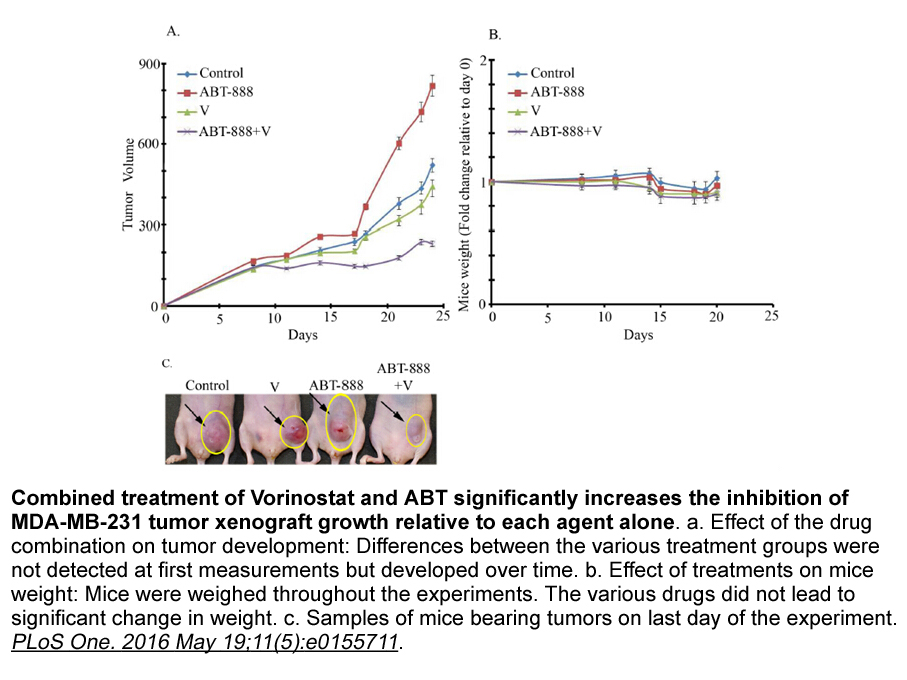
Related Biological Data
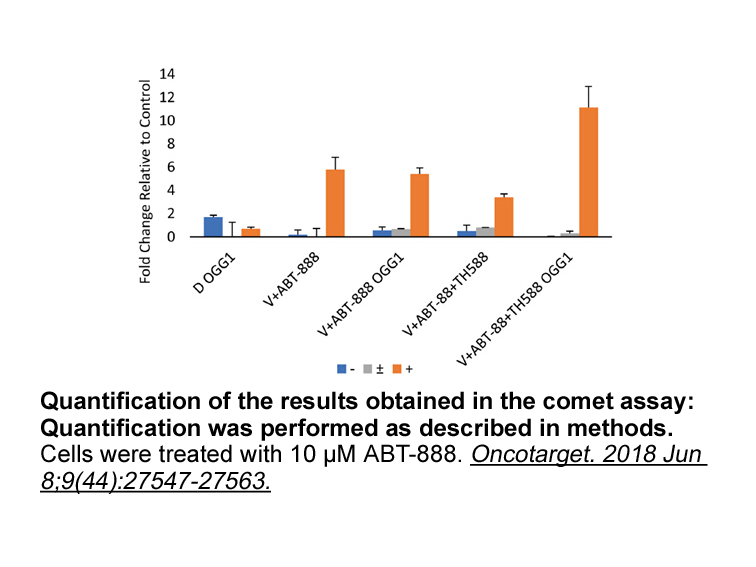
Related Biological Data
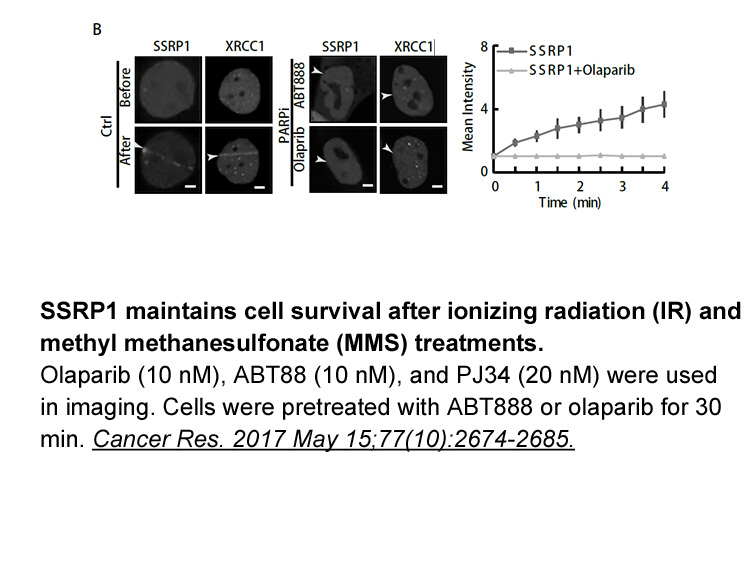
Related Biological Data
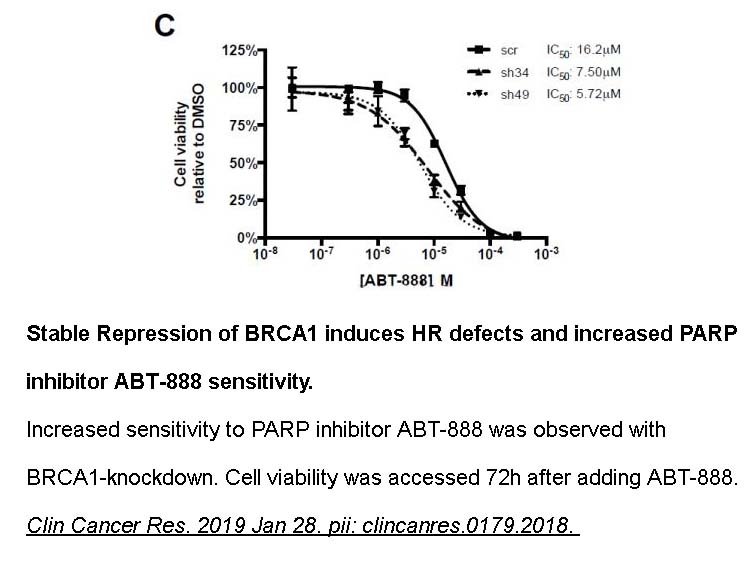
Related Biological Data
